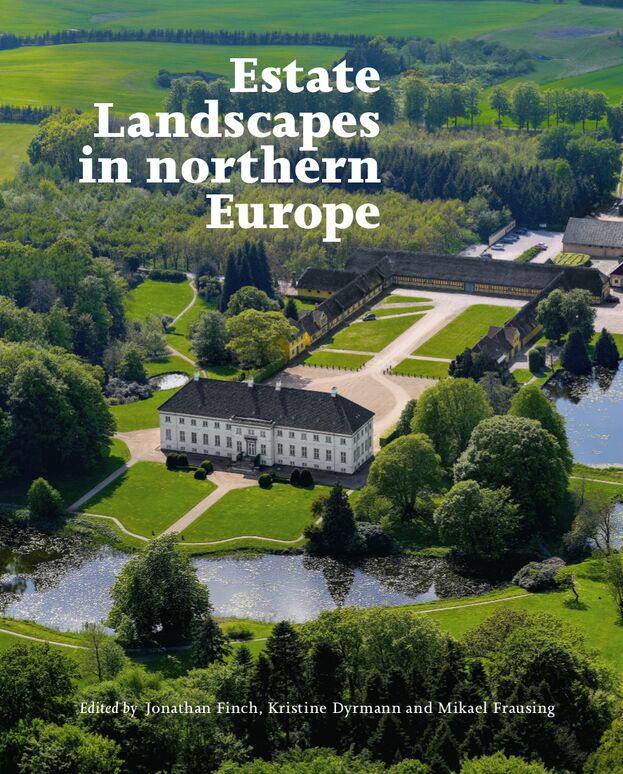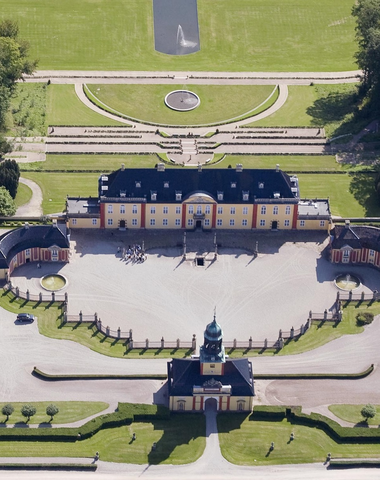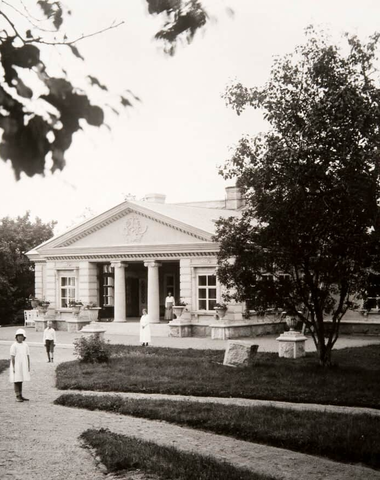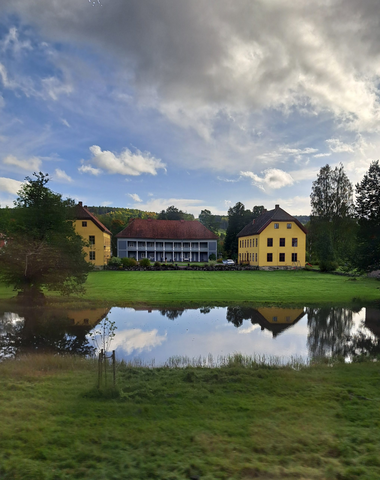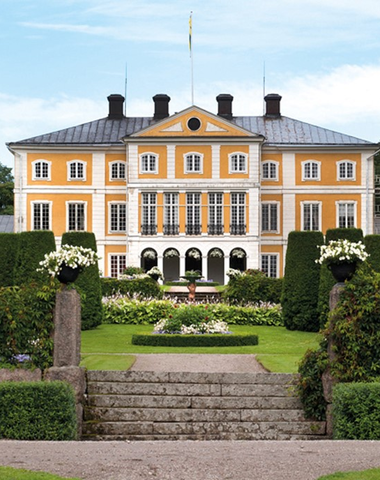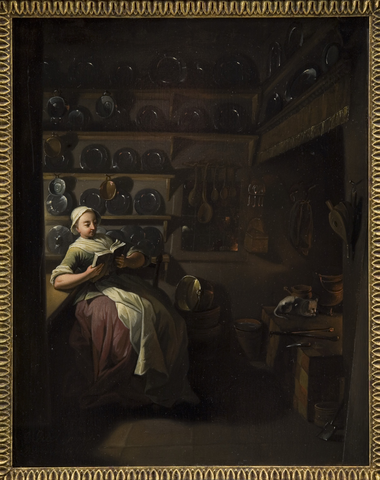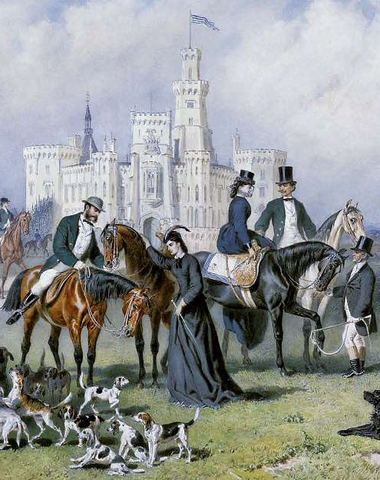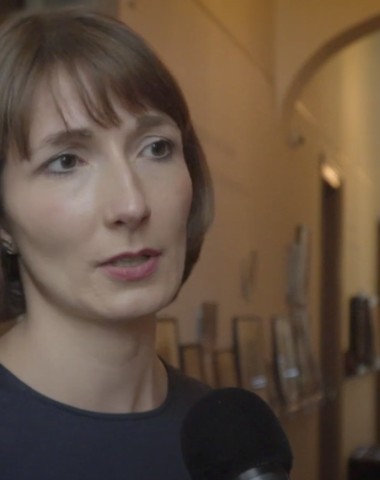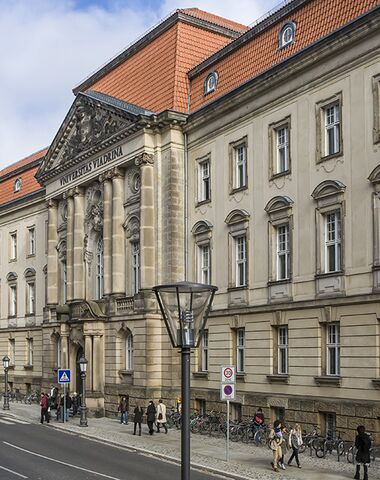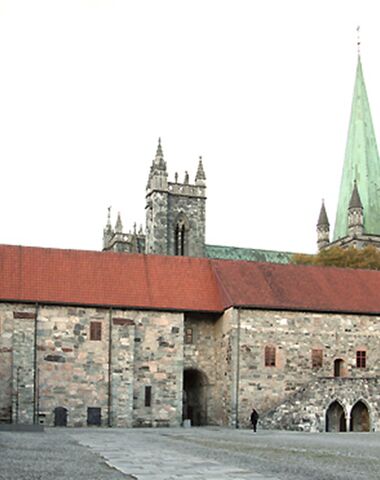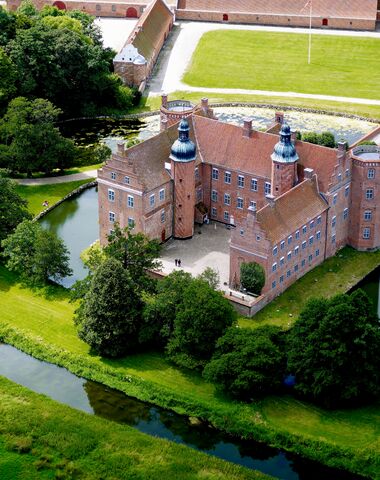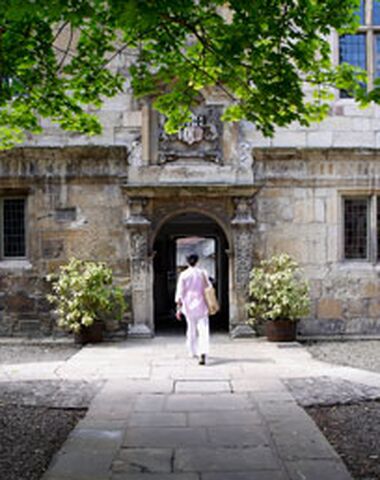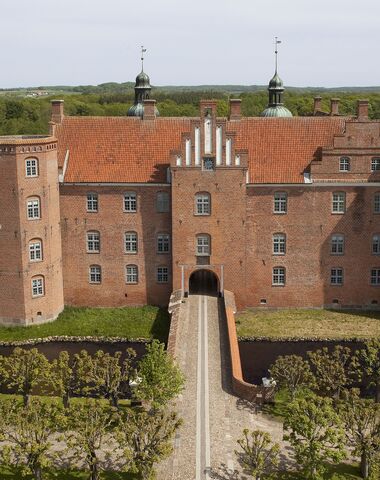Network Activities
ENCOUNTER facilitates meetings, seminars and conferences about different themes on the field of manorial and country house studies.
The network produces applications for larger-scale activities such as common research and education projects, heritage projects, public initiatives and other common interests of the network.
The members of the network share updates on network activities and news. To join the mailing list or suggest updates of interest to network members please contact The Danish Research Centre for Manorial Studies at dch@gammelestrup.dk.
Call for Papers for 10th ENCOUNTER Conference
A Sense of Place: Interpreting Manorial Culture in Modern Tourism
The European Network for Country Houses and Estate Research (ENCOUNTER) and the Baltic Manor Route are going to organize a common conference at the European University Viadrina in Frankfurt/Oder (Germany) at 25.–27. June 2026.
This conference explores the intangible value of manor or country houses beyond the necessary monetary gains—values that distinguish the manor house sector from all other tourist offerings.
To read more click here
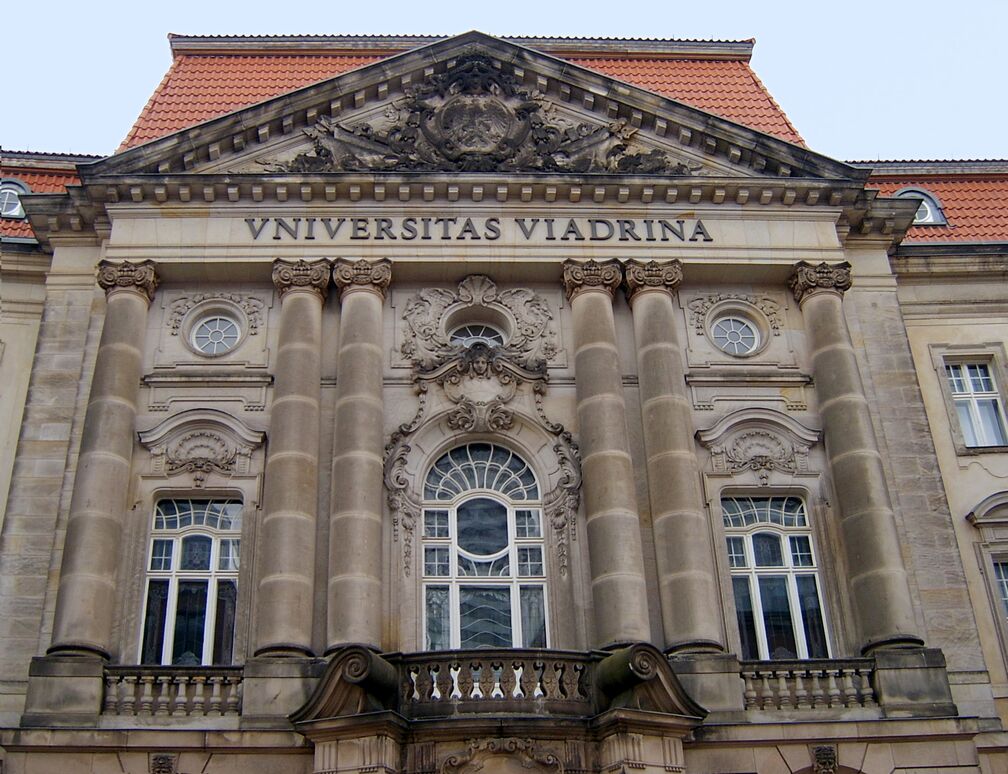
Previous meetings and seminars
First ENCOUNTER Publication
May 20th 2019 the first ENCOUNTER publication entitled ‘Estate Landscapes in Northern Europe’ was published.
The edited volume is divided into 9 chapters covering the estate landscape characteristics across the Northern European region. The volume contains contributions from six different countries and is the first book by the European Network for Country House and Estate Research (ENCOUNTER).
Researchers from The Danish Centre for Manor House Research have edited the book in collaboration with the University of York.
